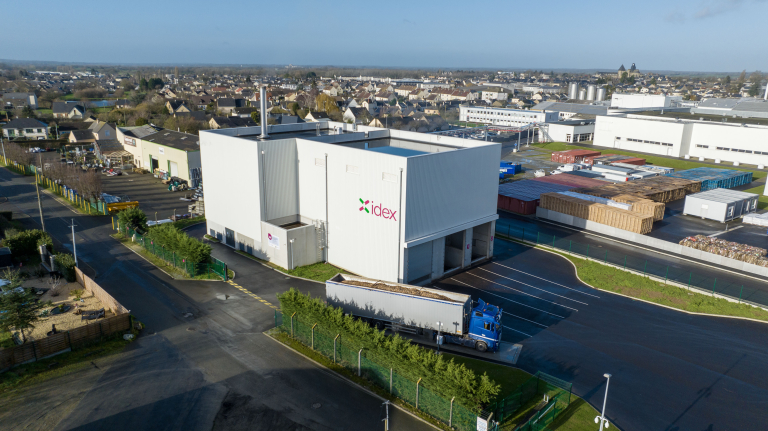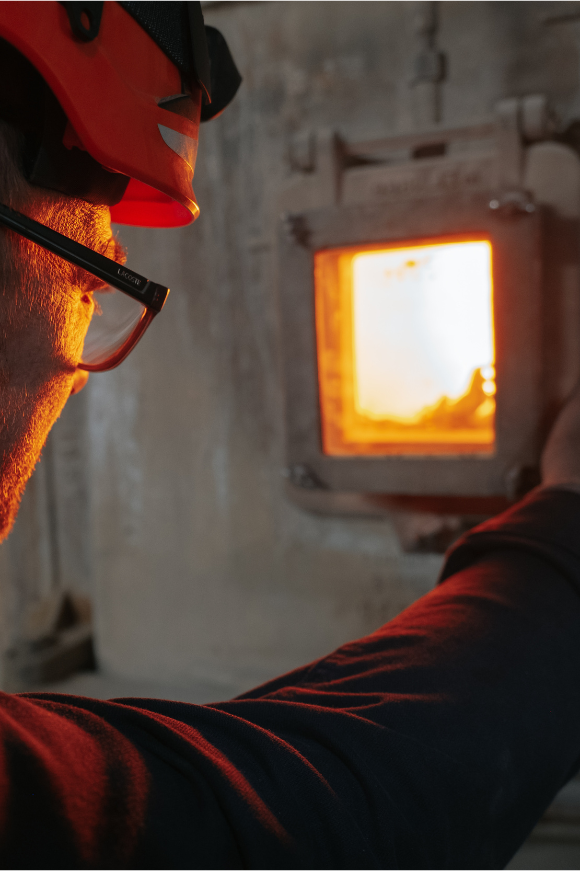- Décarbonation des utilités
Groupe Bel: a long-standing commitment to sustainable development
Groupe Bel joined the United Nations Global Compact in 2003, reflecting its long-standing commitment to sustainable development. In 2022, Bel took this approach one step further. Its goal for 2035 is to reduce its greenhouse gas emissions by 25%, by developing energy efficiency and making greater use of renewable energies, particularly renewable heat.
Further demonstrating its commitment to practical initiatives, the Group has installed a biomass boiler system at its Evron plant, which makes Babybel cheeses. The aim is also to stabilise energy costs and use fewer fossil fuels at this site, which produces five million Babybels every day, half the global production of this popular cheese snack with its red wax wrapper. For this project, Bel teamed up with Idex.
A winning partnership with Idex: using biomass to reduce the carbon footprint of Babybel at Evron
The choice of a biomass steam plant was a natural fit with the site's specific industrial needs, contributing to better control of energy consumption and a smaller carbon footprint. The biomass plant at Evron meets crucial steam requirements for cheese processing, partially replacing the natural gas-fired boiler plant, which now operates only as a back-up during periods of peak activity or during maintenance.
Idex is responsible for the design, construction, operation and financing of this new biomass boiler plant. With a capacity of 6.6 MW, it produces saturated steam at a pressure of 15 bars, meeting 80% of the plant's needs. The plant complies with the most stringent environmental standards, with emission treatment systems and selective ash collection for potential reuse in land application or construction.
Stimulating the local economy and promoting the circular economy
Idex worked closely with fifteen hand-picked French companies to build the biomass boiler plant. For day-to-day running, the plant relies on the hedgerows maintained by local farmers, some of whom are also livestock producers supplying milk for Bel. This approach has forged stronger ties with local suppliers and contributed to the development of the circular economy at local level. It has also made it possible to develop a supply chain within a radius of under 50 kilometres. The project has also had a positive impact on the transport sector, with three to four trucks on average delivering wood to the boiler plant every day, boosting the activity of local delivery companies and contributing to the economic prosperity of the region as a whole.
6,6 MW biomass boiler
80% of steam requirements covered
8,500 tonnes of CO2 emissions avoided / year
2.7 euros in financing from the ADEME BCIAT 2020 (biomass heating for industry, agriculture and services)

